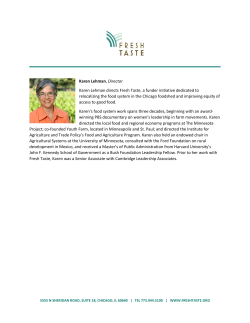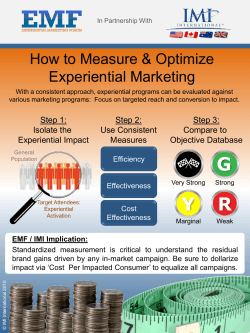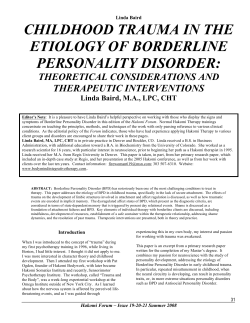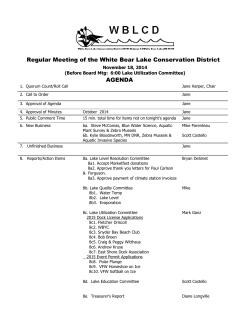
The Science of Love - Hakomi Experiential Psychotherapy
Hakomi Experiential Psychotherapy is a gentle, respectful method that allows you to access deep, core material, opening the possibility for awareness and transformation. Hakomi Professional Trainings are offered regularly. The aim of the training is to turn out high quality, caring therapists who are as dedicated to fully knowing their own process as they are to the understanding of others. Composed of memories, images, beliefs, neural patterns, and deeply held emotional dispositions, this material creates and maintains our images of self and of our culturally acquired world. It shapes the styles, habits, behaviours, perceptions, physical postures and attitudes which define us as individuals. Each Hakomi training teaches the entire curriculum of the Hakomi Method as outlined by the Hakomi Institute. Some of this core material supports our being who we wish to be, while some of it, learned in response to difficult situations, continues to limit us. Hakomi allows the client to distinguish between the two, and to modify willingly any material which restricts his or her wholeness. In therapy, we first work to build a relationship which maximises safety and the cooperation of the unconscious. With that relationship, we help the client focus on and study how he or she organises experience. To do this, we establish and use mindfulness, a distinct state of consciousness characterised by a surrender to and acceptance of the happenings of the moment, a gentle sustained focus of attention inward, a heightened sensitivity and the ability to observe and name the contents of consciousness. In psychotherapy, says Hakomi founder Ron Kurtz, nothing is as useful as mindfulness. hakomi.com.au Goals of the training are fourfold. First, a deep understanding of the principles of the Hakomi Method and the ability to work with them. The Science of Love Creating Connections that Heal Second, an understanding of the organisation of personality and character and the ability to use this understanding with discrimination. Third, an understanding of the various maps of the therapeutic process and the ability to use these maps and Hakomi techniques precisely and appropriately. Fourth, an understanding of one’s own personality as an instrument for therapy. The methods of Hakomi are appropriate and effective in all kinds of therapeutic situations, such as relationships, family, movement and body work, but find their full potential in the process of growth, both personal and transpersonal. For more information on Hakomi activities in Perth, please contact: Jane McNabb 0409 286 414 OR < jane@hakomi.com.au > hakomi.com.au PERTH, FRI 17 - SUN 19 APRIL 2015 A 3-day workshop with Dr. Karen Baikie, Certified Hakomi Teacher. The Science of Love — Creating Connections that Heal DR. KAREN BAIKIE BSc(Hons), BA, MClinPsych, PhD, MAPS, CHT Karen is a Certified Hakomi Therapist and consultant Clinical Psychologist with over 15 years experience in private practice, working with individuals and couples, and providing supervision. She is a Certified Teacher with the Hakomi Pacifica Team and co-facilitator with Halko Weiss in the Hakomi Embodied and Aware Relationships Training (H.E.A.R.T). Karen holds a PhD in psychology on the use of expressive Research has consistently shown that the quality of the therapeutic relationship is often the biggest factor in effective therapy, more so than specific therapy techniques. Additionally, in personal relationships, the quality of connection is a big factor in determining how satisfying the relationship is, whether that be with intimate partners, parents, children, friends or colleagues. What does it take to create a satisfying, safe, healing connection with another human being? And what gets in the way? — Times In this workshop, we will draw on principles from the literature on attachment, neuroscience, brain development, and mindfulness to explore ways to deepen connection. We will explore the science of love and psychotherapy, and experience practical ways to create a safe bond with another. In the realm of healing, there is nothing as useful as connection and mindfulness. Heathcote Campus Murray House 58-60 Duncraig House, Applecross WA 6153 In this experiential workshop, you will • Learn from recent neuroscience & attachment theory about the science behind a safe, empathic relationship. • Learn how to identify signs of attachment, arousal, safety & connection in yourself & another. writing as a therapeutic tool for survivors of trauma. • Develop skills that assist in creating healing therapeutic relationships and nourishing personal relationships. She lives in Sydney with her husband and son. Karen • Explore barriers to connection & what gets in the way of love. is passionate about assisting individuals, couples and other therapists in using mindfulness-based approaches to support deeper and more connected relationships with themselves and others • Explore the use of mindfulness as both an attitude & a tool for deepening relationships in personal & therapeutic settings. • Understand the neuroscientific underpinnings of Hakomi Experiential Psychotherapy, in a safe, supportive environment. • Observe a live Hakomi session. hakomi.com.au The workshop will include talks, experiential exercises, discussion and personal reflection and is suitable for both those working therapeutically with clients and those wishing to deepen their own self understanding and personal relationships. It will be of value to psychotherapists, counsellors, psychologists and any individuals who are interested in learning more about Hakomi. Friday 17 April & Saturday 18 April: 9.30am – 5.30pm Sunday 19 April: 9.30am – 3.30pm Investment $495 Full Fee. $430 Early Bird if paid by March 22nd. Venue Application Form Name................................................................. Occupation ................................................................. Address................................................................. ................................................................. Home Number ................................................................. Business Number ................................................................. Mobile Number ................................................................. Email Address ................................................................. Payment Amount ................................................................. Internet Payment: Jane McNabb BSB: 116-879 Account: 421 551 257 (Include your name in the reference field) Send Application Form and Fee to: Jane McNabb, PO Box 622, South Fremantle, WA 6162. Enquiries: 0409 286 414 • Email: < jane@hakomi.com.au > PLEASE MAKE CHEQUES PAYABLE TO JANE McNABB
© Copyright 2025












